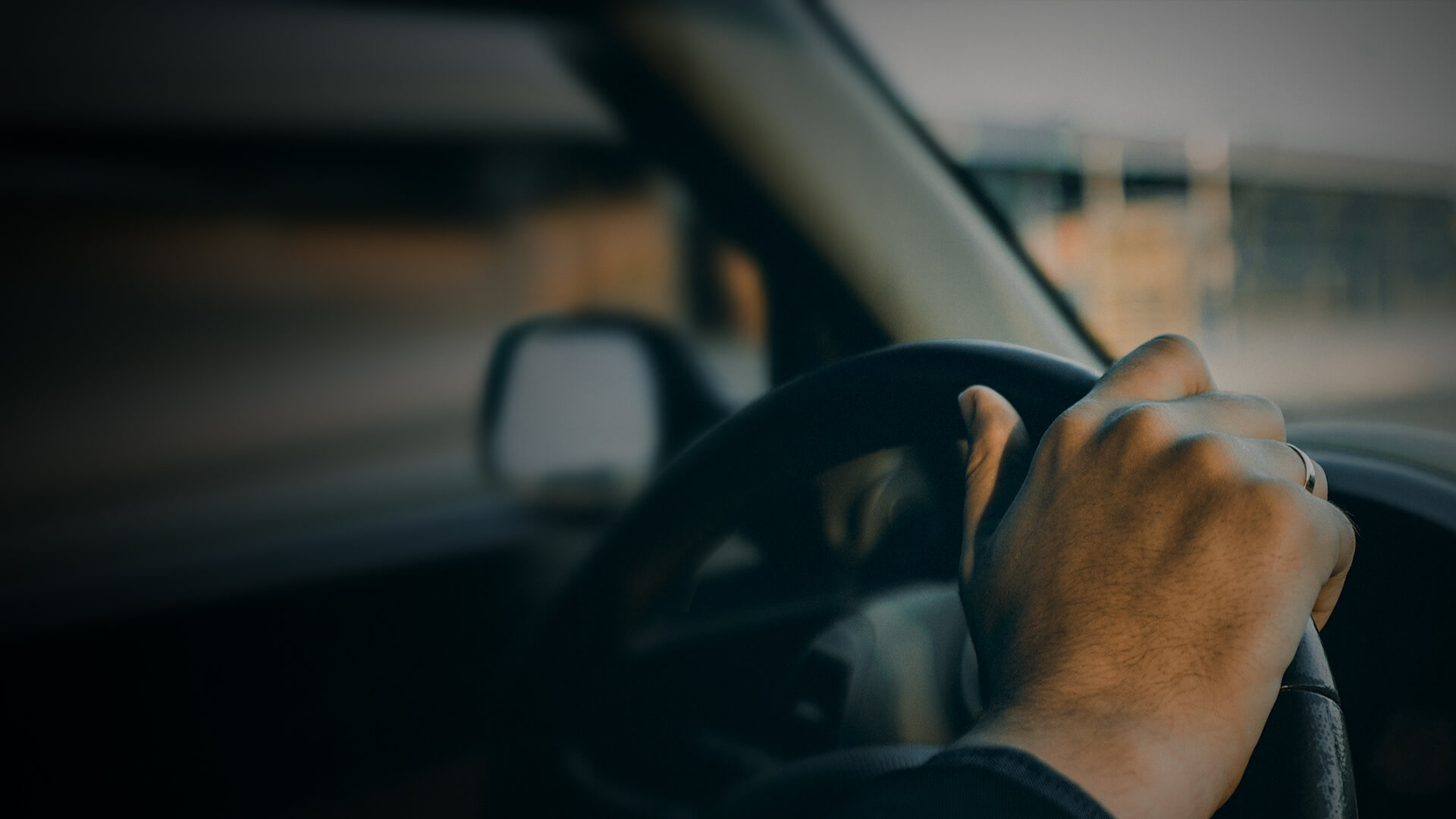Florida drivers take note: a new traffic offense is now on the books. As of July 1, 2025, the Florida Boater Freedom Act wasn’t the only new statute making waves. Another addition—Florida Statute § 316.1922, titled “Dangerous Excessive Speeding”—carries serious consequences for drivers caught speeding far beyond the legal limit.
But what exactly does this new law mean for you, and how is it different from existing reckless driving statutes? Let’s break it down.
What Is Dangerous Excessive Speeding Under § 316.1922?
Under the newly enacted Florida law:
A person commits dangerous excessive speeding if they operate a motor vehicle:
(a) In excess of the speed limit by 50 mph or more, or
(b) At 100 mph or more in a manner that threatens the safety of others or interferes with other vehicles.
This law creates a separate criminal offense that stands apart from general speeding or even reckless driving. In fact, you can now be arrested even if your only violation is hitting triple digits on the speedometer—especially if it endangers others.
Penalties for Violating § 316.1922
Violating this new law isn’t just a traffic ticket. The penalties include:
- First Offense
- Up to 30 days in jail,
- A $500 fine,
- Or both.
- Second or Subsequent Offense (within 5 years)
- Up to 90 days in jail,
- A $1,000 fine,
- Mandatory driver’s license revocation for 180 days to 1 year.
That license suspension adds a whole new layer of difficulty to your day-to-day life—especially for those who rely on driving for work, school, or caregiving responsibilities.
How Is This Different from Reckless Driving?
Florida’s Reckless Driving Statute (§ 316.192) defines reckless driving as operating a vehicle “with willful or wanton disregard for the safety of persons or property.” While the language is broad and subject to interpretation, it typically requires proof of intent or extreme carelessness.
By contrast, the new Dangerous Excessive Speeding law doesn’t require any mental state or intent to be proven—just the speed and circumstances. That makes it easier for prosecutors to charge and secure a conviction.
It’s a lower burden of proof, but the penalties are still serious.
What to Do If You’re Charged
If you’ve been arrested or cited under this new statute:
- Do not plead guilty without legal advice.
- Document everything about the stop, location, traffic conditions, and weather.
- Request dash cam or body cam footage if available.
- Hire a criminal defense lawyer experienced in traffic-related offenses in your area.
Even though the statute is new, experienced local attorneys like Rick and Jenna Fletcher are already anticipating how it will be applied—and how to defend against it.
Why a Local Criminal Defense Attorney Matters
Every courthouse in Florida operates a little differently, and knowing your local judges and prosecutors matters—especially with a new law like this where there is no track record yet on how it will be charged or punished.
The team at Fletcher + Fletcher brings a combined understanding of Pinellas County courtrooms, traffic law, and criminal defense strategy to every case.
Stay Informed: Subscribe to Our YouTube Channel
Want to stay up to date on Florida’s evolving criminal laws?
Subscribe to our YouTube channel where Rick and Jenna Fletcher break down new laws, answer legal FAQs, and share insights from their day-to-day practice.
Click here to subscribe
Get Legal Help Today
If you’ve been charged under Florida Statute § 316.1922, or are facing any criminal traffic offense in St. Petersburg, Clearwater, or throughout Pinellas County, don’t wait to protect your future.
Call Fletcher + Fletcher today or visit stpetecriminaldefense.com to schedule a free consultation.




